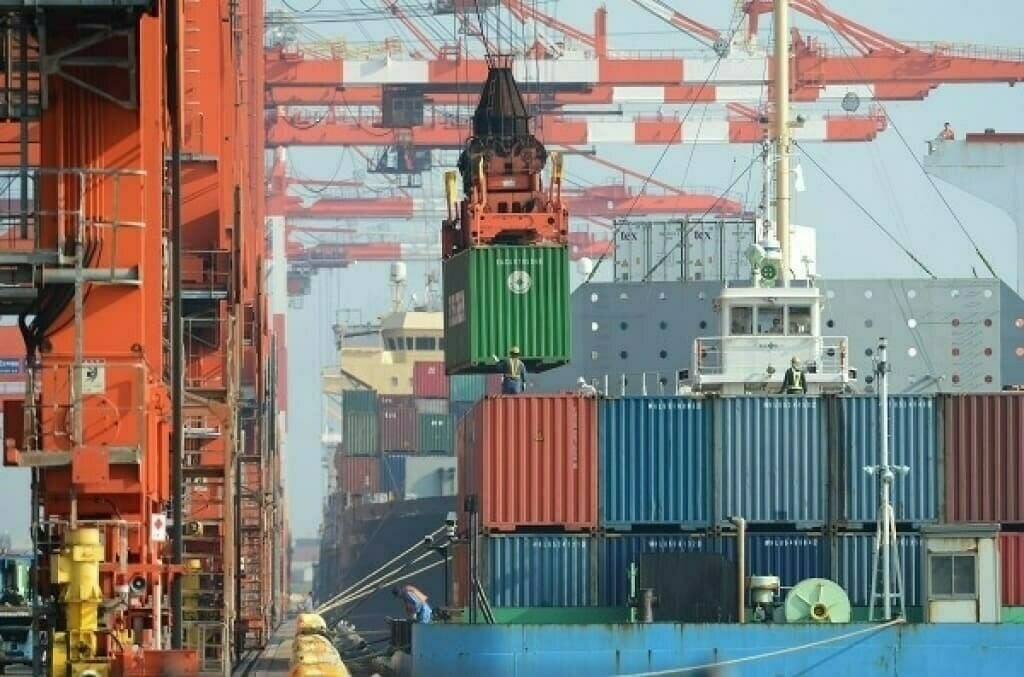PTBP Web Desk
The federal government of Pakistan is preparing to widen the list of luxury items subject to the higher sales tax rate of 25 percent. This development is expected to be formally introduced in the upcoming federal budget for the fiscal year 2025-26.
According to official sources within the Ministry of Finance and the Federal Board of Revenue (FBR), the government will amend the existing SRO 297(I)/2023 or may introduce a separate schedule in the Sales Tax Act through the Finance Bill 2026. The objective behind this decision is twofold: to enhance revenue collection and to compensate for the projected losses due to a planned reduction in customs duties, regulatory duties, and additional customs duties (ADCs) on certain goods.
The 25% sales tax, originally imposed on a limited list of luxury goods, will now potentially extend to include a wider range of items such as high-end home appliances, ceramic tiles and wallpapers, expensive wristwatches, and possibly several other non-essential consumer goods. This decision aligns with the government’s broader fiscal strategy to target non-essential imports while relieving pressure on essential items.
Under SRO 297(I)/2023, which was introduced in 2023, the FBR increased the sales tax rate from 17 percent to 25 percent on 33 categories of luxury goods. These goods span 860 customs tariff lines and include a wide array of high-end products such as:
- Private aircraft and yachts
- Ships
- Jewelry and gemstones
- Perfumes and cosmetics
- Cigarettes and tobacco products
- High-end mobile phones
- Imported and processed food items
- Decorative articles
- Luxury vehicles
The higher tax rate applied both to imported goods and their local supply or retail sale, as specified in the SRO. The regulation mandates that sales tax shall be charged, levied, and paid at 25 percent of the value of the goods at either the import or retail stage, whichever is applicable.
This mechanism was implemented to discourage the import and consumption of non-essential luxury products, as well as to generate additional revenue for the government amidst a challenging economic environment.
As the government gears up to present the Federal Budget 2025-26, discussions are underway to significantly expand the scope of this high-rate tax. According to FBR insiders, the following categories are under consideration for inclusion:
- High-end home appliances such as large refrigerators, air conditioners, and dishwashers
- Decorative ceramic tiles and wall coverings
- Designer or luxury wristwatches priced above a certain threshold
- Possibly luxury fashion brands, branded accessories, and select categories of electronics
The intent is not just to raise revenues but also to curb the demand for non-essential imports that put pressure on Pakistan’s current account deficit and foreign exchange reserves.
This decision forms part of a broader fiscal consolidation effort as Pakistan continues to implement reforms suggested under the International Monetary Fund (IMF) program. With Pakistan looking to secure another long-term agreement with the IMF, increasing tax revenues through indirect taxation is seen as a viable option.
A senior tax official told Dawn that the higher tax rate on luxury items is one of the few measures that can be implemented without causing distress to the wider population, as these goods are largely consumed by wealthier segments of society.
Moreover, as customs duties and regulatory duties on various items are expected to be reduced to align with global trade norms and regional commitments, the government anticipates some shortfall in revenue. This tax expansion is designed to neutralize those losses and maintain fiscal targets.
Industry Concerns and Economic Impact
While the move is likely to increase revenue in the short term, several industry representatives have expressed concern about the potential negative impact on local businesses dealing in these luxury goods. Retailers of high-end home appliances, imported tiles, and branded fashion items fear that the steep tax could significantly reduce consumer demand.
On the other hand, economic analysts argue that in a country facing high inflation and limited fiscal space, targeting luxury consumption for higher taxation is a pragmatic step. It sends a message of fiscal responsibility while ensuring that the tax burden does not fall on essential goods or the lower-income population.



